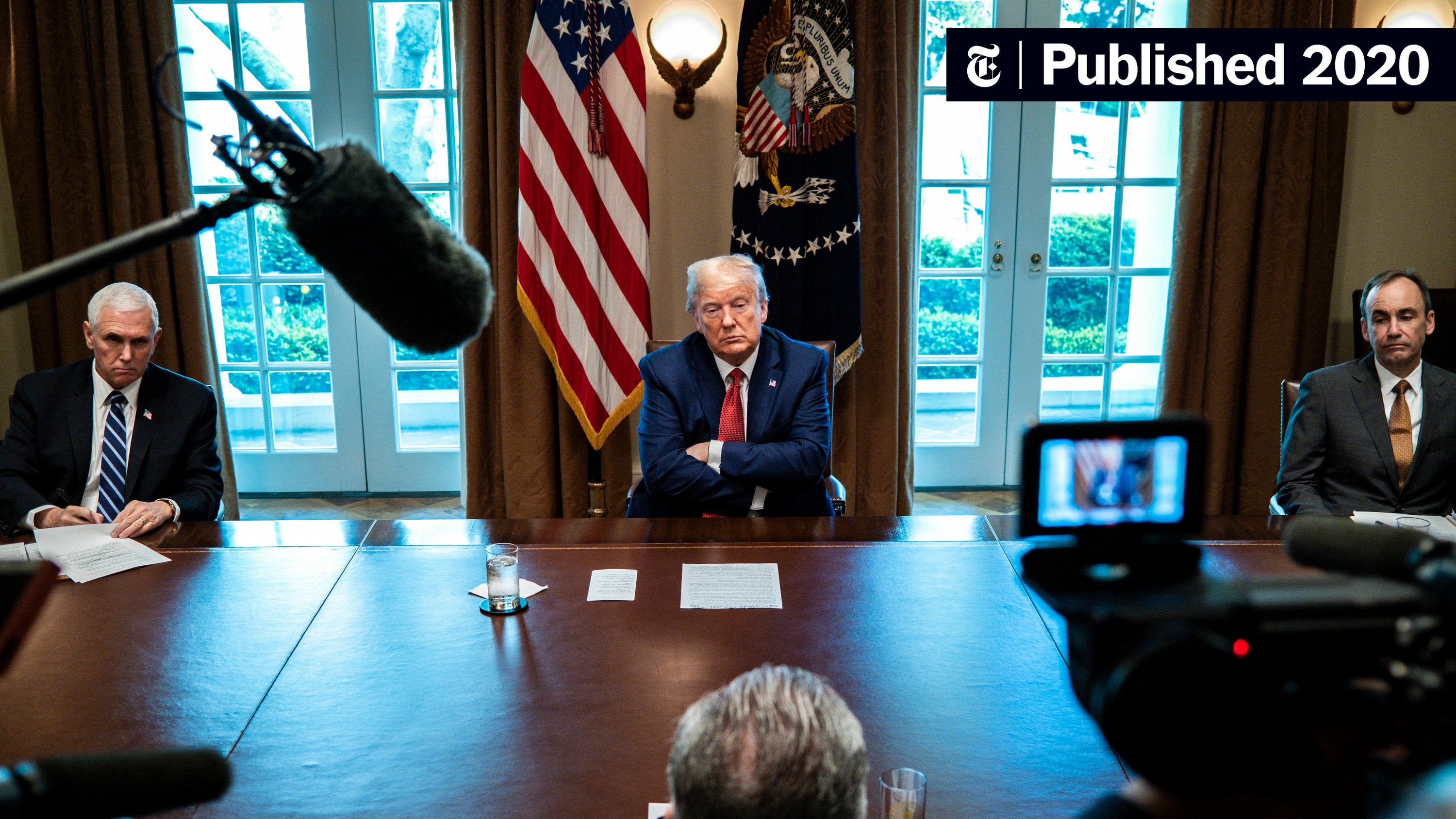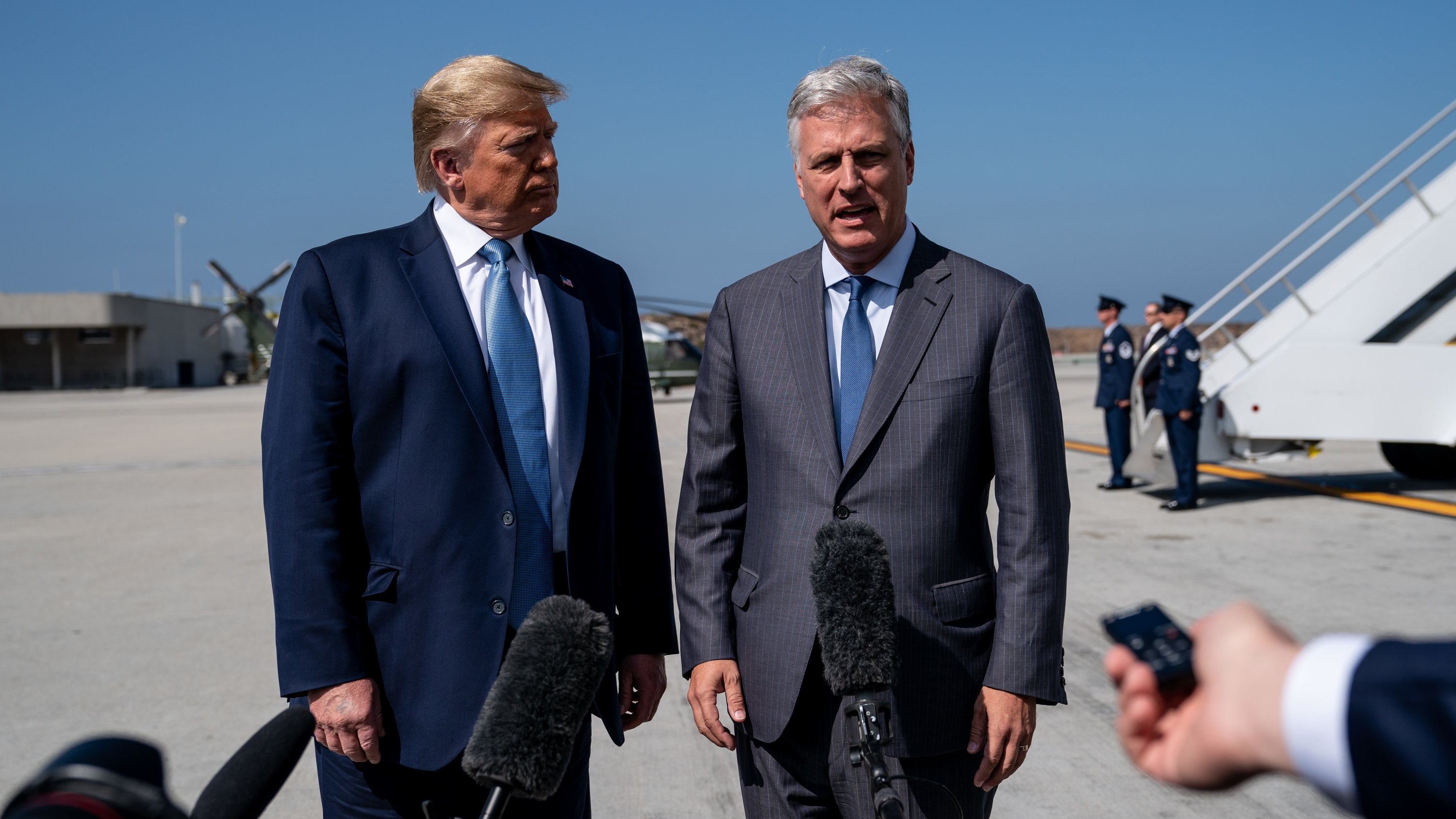Are Tariffs On Commercial Aircraft And Engines Imminent Under Trump?

Table of Contents
Historical Context: Trump's Trade Policies and the Aviation Industry
The Trump administration's trade policies were characterized by a protectionist approach, employing tariffs and trade disputes as key tools. While not directly targeting commercial aircraft at the outset, the administration's broader trade war tactics created a climate of uncertainty within the aviation sector. Past instances saw simmering tensions between the US and the European Union, primarily revolving around subsidies provided to Boeing and Airbus, respectively. These disputes, though never resulting in comprehensive tariffs on entire aircraft fleets, foreshadowed the potential for more aggressive action.
- Examples of past trade disputes involving aircraft: The long-running WTO dispute between the US and the EU over subsidies to Boeing and Airbus highlights a history of trade friction in this sector.
- Key players involved: Boeing, Airbus, the US government, the European Union, and various national governments of countries involved in aircraft manufacturing and sales.
- Specific tariffs imposed (if any) and their consequences: While no full-scale tariffs were implemented on commercial aircraft during the Trump administration, retaliatory tariffs on other goods did occur, creating a climate of trade instability.
The Potential for New Tariffs: Arguments For and Against
Arguments in favor of imposing tariffs on commercial aircraft and engines often center on the need to protect domestic jobs and level the playing field against perceived unfair competition from foreign manufacturers. Proponents suggest tariffs could boost domestic production and reduce reliance on foreign suppliers.
Conversely, arguments against tariffs highlight the potential for significant negative consequences. These include:
- Economic arguments in favor of tariffs: Protecting American jobs in the aerospace sector, countering perceived unfair subsidies from other countries.
- Economic arguments against tariffs: Substantially increased aircraft prices for airlines, leading to higher airfares for passengers; decreased competitiveness of US airlines globally; trade retaliation from other countries, harming US exports in other sectors.
- Political considerations and potential diplomatic fallout: Escalation of trade tensions, damaging international relationships and global economic stability.
The Impact on Major Players: Boeing, Airbus, and Other Stakeholders
The impact of tariffs on Boeing and Airbus would be profound. Boeing, being a major US manufacturer, could face reduced export sales if tariffs are imposed on its aircraft. However, it might also benefit from reduced competition if foreign aircraft become more expensive. Airbus, a major European manufacturer, would likely face significant challenges due to reduced access to the lucrative US market.
- Projected financial impacts on Boeing and Airbus: A significant reduction in profits and potentially substantial job losses for both manufacturers.
- Potential job losses in affected industries: Job losses would extend beyond the manufacturers themselves, affecting suppliers, maintenance providers, and other related industries.
- Increased costs for airlines and consequently, higher airfares for consumers: Airlines would pass on increased costs associated with tariffs to consumers through higher airfares, potentially decreasing demand and harming the airline industry as a whole.
- The ripple effect on related industries: Suppliers, maintenance providers, and other related industries would feel a significant impact.
Global Implications and International Trade Relations
Imposing tariffs on commercial aircraft and engines could have far-reaching global implications. Retaliatory tariffs from other countries are highly likely, leading to a trade war that could destabilize global economic growth. The World Trade Organization (WTO) would likely become involved, potentially further complicating the situation.
- Potential trade wars and their impact on global economic stability: A significant disruption to global supply chains and a chilling effect on international trade and investment.
- The role of international trade organizations (e.g., WTO): The WTO could become involved in mediating disputes or ruling on the legality of tariffs.
- The impact on diplomatic relations between the US and other nations: A significant strain on relations with key trading partners, leading to broader geopolitical instability.
Conclusion
The potential for tariffs on commercial aircraft and engines under a Trump-like administration carries significant economic and political risks. The analysis presented highlights the complex interplay of factors, including domestic job protection, international competition, and global trade relations. While arguments exist both for and against such tariffs, the potential for negative consequences, including higher airfares, reduced global economic stability, and international trade wars, outweighs the perceived benefits.
Call to Action: Stay updated on the latest news regarding Trump tariffs and their potential impact on commercial aircraft and engines. Understanding the complexities of commercial aircraft and engine tariffs is crucial for navigating the evolving global trade landscape.

Featured Posts
-
 Cavaliers Vs Knicks Picks Odds And Prediction February 21st Game Preview
May 11, 2025
Cavaliers Vs Knicks Picks Odds And Prediction February 21st Game Preview
May 11, 2025 -
 Boston Celtics Guards Nba Award Campaign Decision
May 11, 2025
Boston Celtics Guards Nba Award Campaign Decision
May 11, 2025 -
 Unveiling The Luxury A Tour Of Mtv Cribs Stunning Homes
May 11, 2025
Unveiling The Luxury A Tour Of Mtv Cribs Stunning Homes
May 11, 2025 -
 Discovering Merlin And Arthur A Medieval Book Covers Story
May 11, 2025
Discovering Merlin And Arthur A Medieval Book Covers Story
May 11, 2025 -
 U S China Trade Talks An Exclusive Look At The Role Of Xis Security Advisor
May 11, 2025
U S China Trade Talks An Exclusive Look At The Role Of Xis Security Advisor
May 11, 2025
